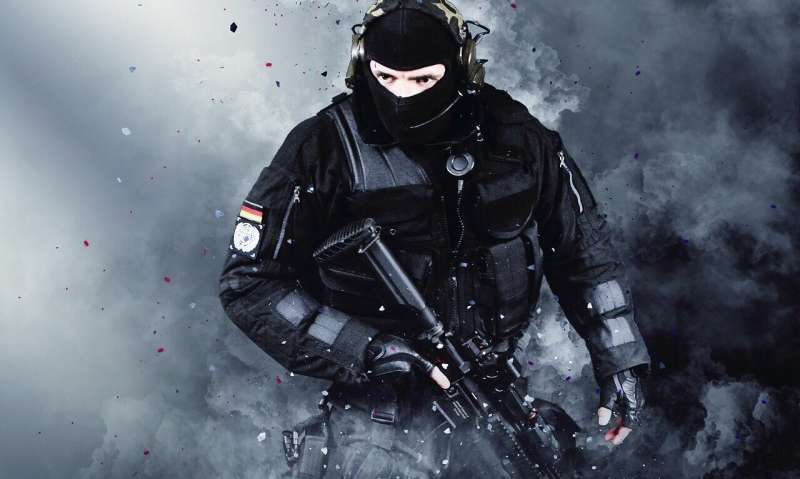Study: Hospital security guards employ excessive physical violence, require training

Security guards employed at hospitals may be ill-prepared to deal with Code Black situations where patients or visitors appear threatening or violent, says Flinders University Professor of Nursing (Mental Health) Eimear Muir-Cochrane.
A study of medical and surgical wards in a South Australian metropolitan public health network area studied the response of privately contracted security guards called to deal with more than 1600 Code Black events—emergency situations of personal threat involving patient and/or visitor violence—over more than two years.
"Outside the context of EDs or mental health wards in Australia or overseas, this is the only study we know of which examines the role of security guards' involvement in Code Blacks in these general settings," says Professor Muir-Cochrane, noting such emergencies were connected to less than 1% of total admissions in these wards.
"However, what we did find was a disproportionate use of physical restraint in these Code Blacks, which underpins the need for further training."
Security guards attended 1,664 code black events in medical and surgical wards over the 2.5‐year study period, representing 0.63% of admissions to the wards over that time.
Events were more frequently reported in medical than surgical wards. The most common reasons for security guard attendance were patients threatening or harming staff or themselves.
The most frequent security guard actions logged in their reports were "Attend only/standby," and "Physical restraint," with physical restraint of patients the most common response. Chemical restraint and "de-escalation" were the next most common response.
"The prevalence of security guards in health care settings is growing worldwide so there is a need understand their role to inform policy and training and support least restrictive practices in health care," Professor Muir-Cochrane says.
"Given the tragic death of a patient restrained by a security guard in Queensland in 2018, it is clear that health services need to maintain and increase efforts to support least restrictive practice through policy directives and staff training."
Role of security guards in Code Black events in medical and surgical settings: A retrospective chart audit (April 2020) by E Muir-Cochrane, A Muller, Y Fu and C Oster has been published in Nursing and Health Sciences.
More information: Eimear Muir‐Cochrane et al. Role of security guards in Code Black events in medical and surgical settings: A retrospective chart audit, Nursing & Health Sciences (2020). DOI: 10.1111/nhs.12725
Provided by Flinders University




















